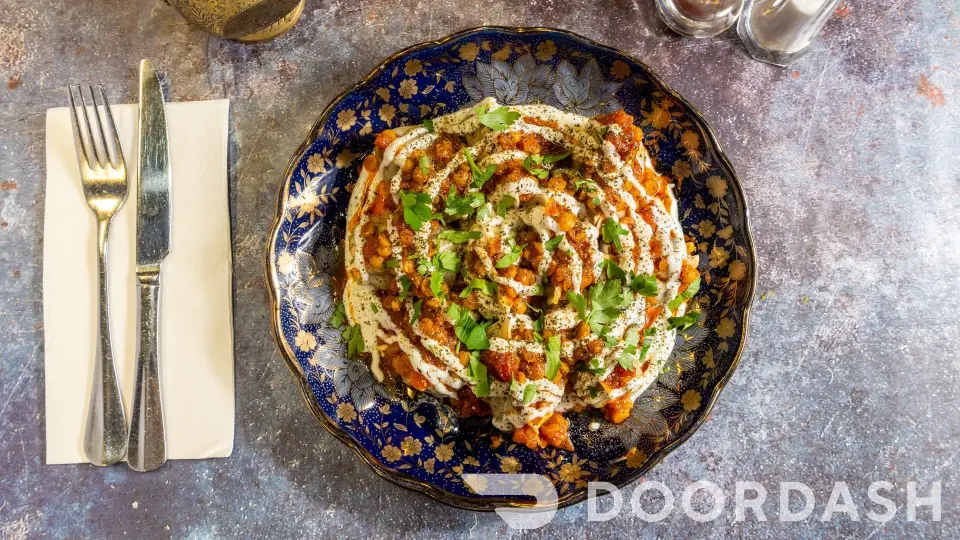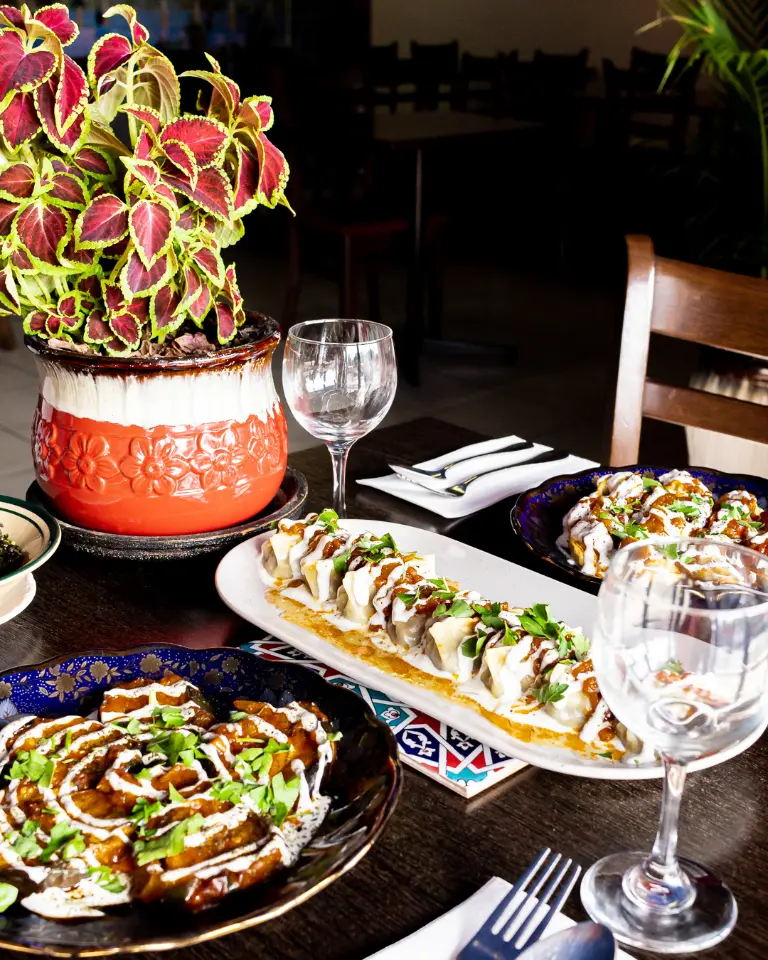
Manto is among the most delicious and mouth watering dishes known as "hovasaneh" in Afghanistan, which means these dishes aren't cooked regularly at home. Instead, they are reserved for special occasions, family gatherings, or when everyone wants to enjoy eating a favourite dish. The equivalent term in English can be like “social cooking” or “collective cooking”, the practice of cooking together with friends or family members when there is a desire or craving for a specific dish, especially one that requires more time and effort to prepare. This communal cooking experience not only makes the process more enjoyable but also allows everyone to share in the preparation and experience the satisfaction of creating and savouring the dish together.

Havasaneh dishes in Afghanistan include Manto, Ashak, Bolani, and Samosa, all featuring dough as their main component. Preparing these dishes demands more effort compared to others. In Afghanistan, the process begins by making the dough, spreading it into thin sheets, then cutting it into small portions. These portions are later filled with pre-prepared ingredients, sealed, and finally steamed. The result is a delicious and tasty dish that is served together. Since the dish was also cooked in a group like in a gathering of friends, family members or relatives, the food is also served socially.
Manto, a beloved havasaneh dish, is particularly time-consuming and typically requires a group effort. It's challenging for one person to prepare Manto for a large gathering, so when guests and friends come together, it becomes an opportunity to make this special dish. Some skilled ladies may gather around, chat, and prepare the dough, cut it into layers, and stack them. That's how Manto stands out among the most havsaneh dishes.
In Australia, the process is somewhat easier in restaurants because there is no need to make the dough from scratch. In our restaurant, some of the most popular dishes are dough-based treats like Manto, Ashak and Samosa. However, it would be extremely laborious to manually prepare the dough and cut it into smaller pieces for Manto. Instead, we use ready-made dumpling wrappers which are available in grocery stores and still offer excellent quality.
To cook Manto, the first step is to prepare the dough. Afterward, we add the ingredients for the filling inside the cut doughs. The usual ingredients for Manto in our restaurant are onions, ground meat, and sometimes lentils (we add lentils). Then, we incorporate special spices like salt, red pepper, and coriander powder. This combination gives Manto an extraordinary flavour. Once the filling is ready and cooled, we wrap it in the previously prepared dumpling wrappers and they are ready for steaming.
Manto is steamed, not boiled or fried, and it takes just a few minutes to determine if they are perfectly cooked and ready to serve. After the manto is seamed inside the special steamers we have, comes the preparation of the special sauce that is drizzled on top of the Manto. This sauce is a combination of yoghurt and garlic, and the special spices we use, providing a distinctive and delightful taste to the dish.
Aside from that, we make a combination of the yoghurt and garlic sauce which is an essential part, as it is a powerful complement to Manto and Ashak. We prepare the yoghurt and garlic sauce in advance. Once the Manto is steamed, we spread some yoghurt on a plate, then place several rows of Manto on top. Afterward, we pour the special yoghurt and garlic sauce over the Manto and add more yoghurt. For an enhanced taste, we sprinkle aromatic herbs and mint powder on top. Now, the Manto is ready to be served.
Manto is one of the most favoured dishes in our restaurant. Sometimes, it surprises us to find that after serving a plate of Manto, when we return to collect the empty plate, it is completely clean. Our customers jokingly say that they enjoyed it so much that they couldn't resist licking the plate clean. If someone doesn't understand, they might think that the plate was washed, as no trace of Manto remains. That is the power of this delectable dish - Manto, the pride of Afghan cuisine.